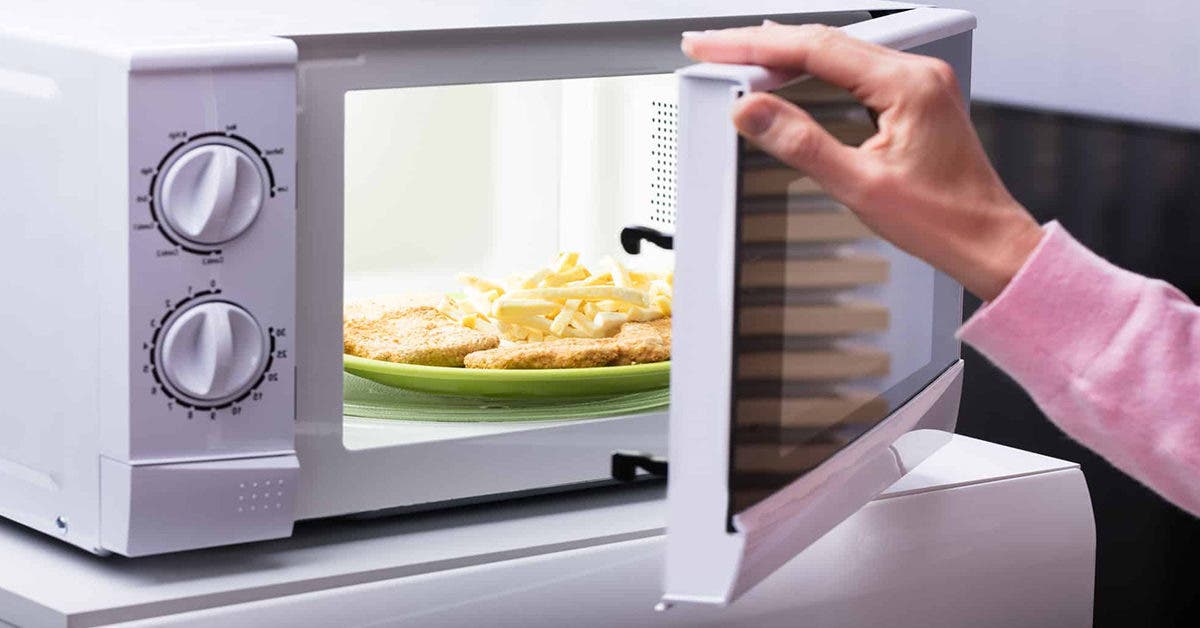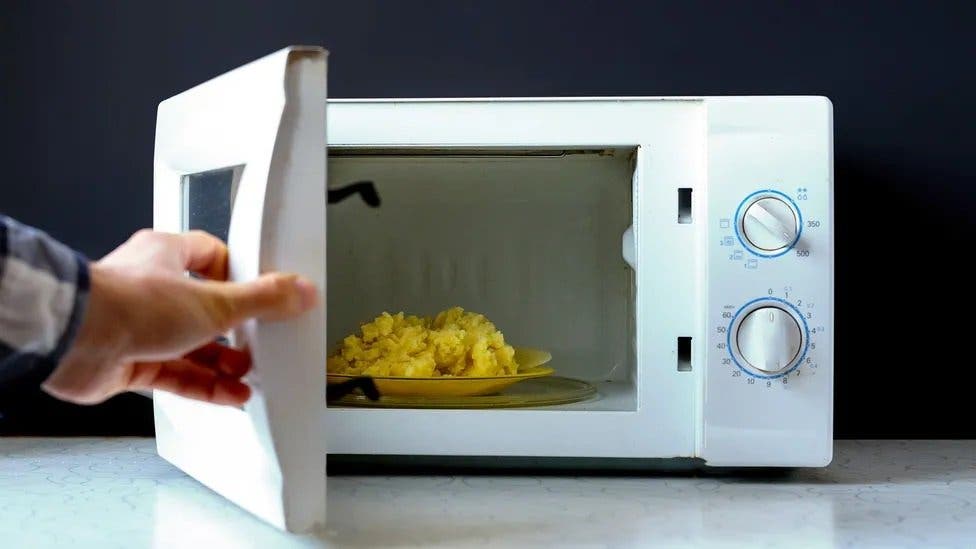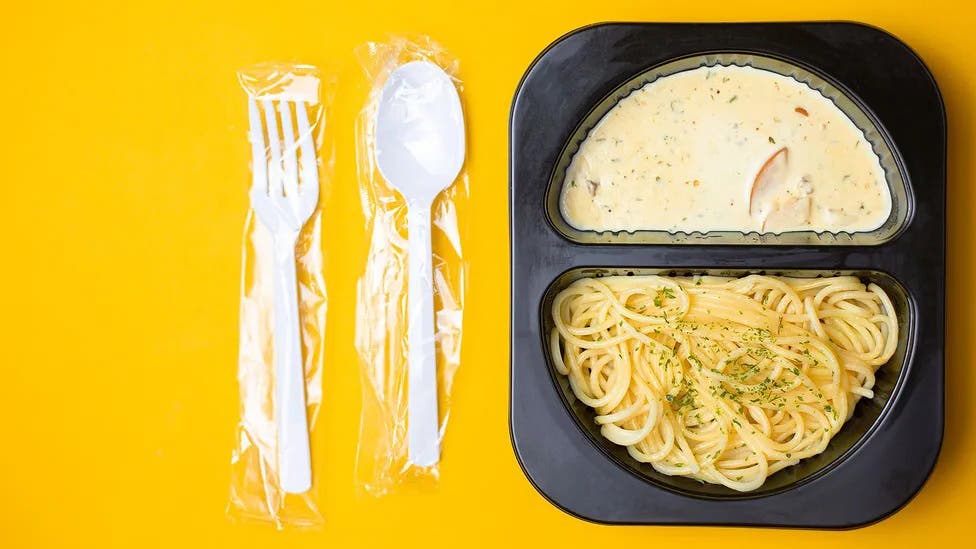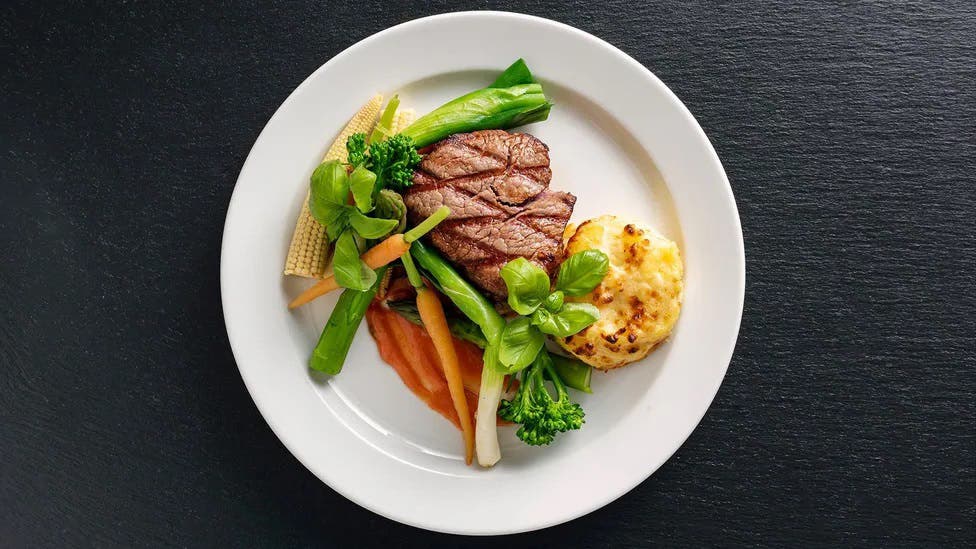Does the microwave present a risk to our health?
Does the microwave present a risk to our health?

Deemed essential and practical by those who opt for easy cooking, it is nevertheless decried by some who fear the danger it represents to health. The microwave oven is at the center of much debate and concern among its users. And for good reason, the general idea is that this appliance would produce harmful radiation and could damage healthy nutrients in food. Is the microwave oven a risk to our health?
Summary
The microwave oven is an appliance that is an integral part of modern life.It thus transforms electricity into electromagnetic waves called microwaves. These are waves that can stimulate molecules in food, turning energy into heat. These microwaves primarily affect water molecules while heating up fats and sugars.
As relayed by our colleagues from BBC , the radiation from the microwave oven does not pose a health risk. However, certain points relating to its use deserve to be clarified, in particular concerning the loss of certain nutrients as well as the mode of heating certain foods.

Does the microwave oven present a health hazard? - Source: bbc
What dangers can the microwave oven present to health?
According to the World Health Organization , when the microwave oven is used correctly, there is no fear in terms of radiation. These devices should be used in accordance with the manufacturer's instructions and are considered safe for heating and cooking a variety of foods. However, certain precautions should be taken, particularly those relating to potential exposure to microwaves, thermal burns and handling of food.
Still according to the WHO, these devices have been designed so thatthe waves are contained in the oven and are only present when the oven is on and closed. However, microwave leaks may still exist when the appliance is not in good working order. Furthermore, thermal damage could only occur with long exposures at very high levels, higher than those measured around microwave ovens. As for the handling of heated foods, it is considered to be the same as for those heated in conventional ovens or cooking grids, and should be done with care.
Does food heated in a microwave become radioactive?
Some misconceptions state that food heated in a microwave oven becomes radioactive. The WHO says this is a misconception, since microwave energy does not remain in food after this type of oven is turned off. As explained by our colleagues from EVERYDAY HEALTH , there are two types of radiation: ionizing and non-ionizing. While the first type of radiation is dangerous when given in high doses and is believed to be able to modify DNA and damage the body, the non-ionizing radiation produced by the microwave oven does not present a health hazardand does not carry enough energy to detach electrons from atoms.
In France, regulations impose on manufacturers of microwave ovens a frequency between 2.4 and 2.5 gigahertz, which is comparable to that of Wi-Fi and close to that of mobile phones, as relayed by Futura-sciences . The microwave oven cooking method would not be dangerous, since during normal use, the cooking temperature rarely exceeds 100 °, so the risk of the appearance of carcinogenic compounds in food would be much more limited than 'with other means of cooking. A conclusion corroborated by the FDA which states that microwave energy is transformed into heat when absorbed by food and does not make food "radioactive" or "contaminated".
In addition, the National Health Security Agency (ANSES) insists on respecting the recommendations for using this oven , especially when it comes to microwaveable food products.It would therefore be essential to respect the power and the cooking time.indicated on the packagings at the risk of causing the passage of chemicals into food.
What effect on the nutritional content of foods?
Many debates on the issue regarding nutritional content have arisen. In this regard, the WHO specifies that food cooked in a microwave oven has the same nutritional value as food cooked in a conventional oven. The difference is that microwave energy penetrates deeper into the food, reducing the time it takes to transmit heat through the food.
Some nutrients, such as vitamin C, break down when exposed to heat, which can come from both microwaves and traditional ovens. However, since the microwave oven cooking time is faster and shorter, it turns out that this cooking method would preserve vitamins and other nutrients , especially vitamin C, which can break down when heated. On the other hand,it is recommended to avoid accidental over-cooking of foodby the microwave which heats up quickly and could therefore cause them to lose their nutritional value.

Heating Plastic Foods in the Microwave Oven - Source: spm
What about warming food in plastic packaging?
We often tend to microwaving food in its packaging , most often plastic. However, certain plastic additives, such as phthalates, can decompose and seep into food as a result.Phthalates can cause hormonal disruptionand the metabolic system. The ideal would be to use other microwave resistant materials such as ceramic.

It is advisable to heat your dish in a ceramic dish - Source: bbc
Concerns about microwave radiation were allayed in the years following the invention of this oven that was used in many homes. However, precautionary measures must be taken into account, such as those recommended by the FDA.It is therefore advisable not to stand directly against the microwave oven when it is heating food.. Likewise, it is essential to check the condition of the oven in order to detect any sign of damage to ensure better safety.